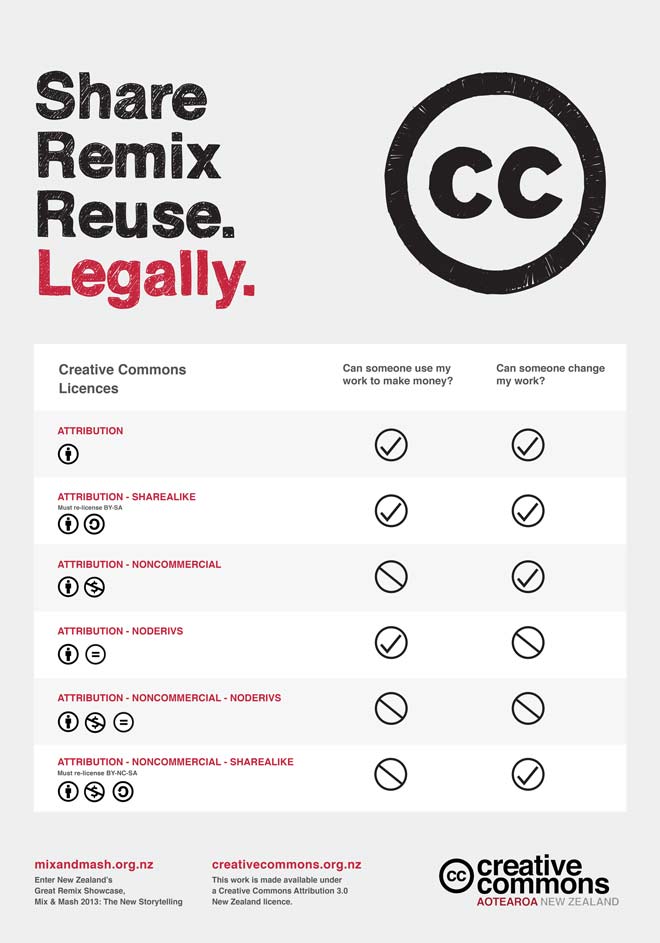Personal injury law in the UK serves to assist individuals who suffered injuries due to negligence or wrongful actions of another party. It establishes guidelines for seeking financial redress when someone experiences harm in various situations, such as traffic collisions, workplace injuries, medical negligence, or accidents in public spaces.
Personal injury settlements fall into distinct types, including lump sum payments and structured settlements. Lump sum payments offer one-time monetary resolution, while gradual payouts allow steady financial assista
Cases may be examined in different court tracks, based on severity. The simplified process deals with low-value cases and is less formal with minimal solicitor involvement. The standard litigation path is for claims up to £25,000 and involves legal supervision. The Multi-Track handles cases exceeding £25,000 and often requires specialist repo
Personal injury law in the UK continues to evolve, adapting to new challenges and legislative changes. While the fundamental principles remain consistent, factors such as government policies, insurance industry practices, and judicial rulings can influence how claims are processed and awarded. Understanding these legal aspects is crucial for anyone considering a personal injury claim, ensuring they can navigate the process effectively and achieve the justice they deserve.
Compensation amounts within compensation agreements vary widely. Courts and legal representatives consider injury severity, future medical needs, financial impact, and fault attribution when calculating compensation figu
A crucial aspect of UK personal injury law is the statutory time limit for making a claim. In the majority of situations, claims must be submitted within a 36-month period from the date of the injury or the time the claimant became aware of their condition. There are unique circumstances, such as for children, who can file claims until they reach adulthood, after which the legal time frame begins. Individuals with cognitive disabilities may not be bound by strict deadlines. Consulting a solicitor promptly can help claimants avoid complications and maximize their chances of succ
Criminal healthcare negligence is defined as a doctor fails in their duty of care, causing harm. If a healthcare provider performs procedures incorrectly, administers harmful treatments, or fails to diagnose conditions properly, they may face criminal char
For claimants worried about legal fees, Conditional Fee Arrangements (CFAs) offer an accessible option. These agreements enable individuals to pursue claims without facing initial expenses, with solicitors receiving their fee upon a victory. While these arrangements minimize upfront costs, claimants should review the conditions carefully, particularly success fees, which are agreed in adva
Many settlements result from insurance negotiations. Liability providers may seek to reduce compensation amounts, creating extended claim discussions. Injured individuals benefit from legal expertise in evaluating off
Reckless driving often lead to harm to others. If you have any type of questions regarding where and ways to make use of find a personal injury solicitor, you could call us at our own webpage. Drivers who violate traffic laws, operate vehicles under the influence, or fail to obey road rules can encounter legal consequences. Victims of negligent driving often require compensation due to severe injur
 Clinical malpractice cases fall under personal injury law but have distinct requirements. Unlike standard injury cases, these claims require medical evaluations to establish that a doctor failed in their duty of care. Due to technical challenges involved, specialist solicitors are highly recommen
Clinical malpractice cases fall under personal injury law but have distinct requirements. Unlike standard injury cases, these claims require medical evaluations to establish that a doctor failed in their duty of care. Due to technical challenges involved, specialist solicitors are highly recommen
 Criminal injury offenses cover a broad spectrum of illegal acts. Some of the most common examples include assault, reckless driving, unsafe labor conditions, criminal medical negligence, and public endangerm
Criminal injury offenses cover a broad spectrum of illegal acts. Some of the most common examples include assault, reckless driving, unsafe labor conditions, criminal medical negligence, and public endangerm
 In physical attack incidents, a victim suffers injury due to deliberate actions. These offenses vary in severity, including simple assault to serious bodily harm, where weapons may be involved. Legal penalties depend on the intent behind the att
In physical attack incidents, a victim suffers injury due to deliberate actions. These offenses vary in severity, including simple assault to serious bodily harm, where weapons may be involved. Legal penalties depend on the intent behind the att
The UK personal injury court system serves an essential function in delivering justice for those harmed through wrongdoing. While the majority of claims are resolved without trial, having a structured legal pathway ensures claimants have access to justice. Knowing how courts operate remains important for anyone pursuing compensat
To win in a personal injury claim, the injured party must demonstrate that the defendant owed a duty of care, failed to meet legal standards, and caused an injury as a consequence. Strong proof is necessary for supporting a claim, including medical assessments, statements from observers, official records, and expert opinions. If a claim is accepted, the claimant may receive a monetary settlement for both pain and suffering, as well as economic losses, such as lost wages and healthcare co
Compensation disputes in the UK are typically filed in either County Court or the High Court, based on the value of the claim. Claims under £100,000 are usually dealt with in County Courts, while more intricate disputes are handled by the High Co
Criminally negligent behavior in public spaces refers to offenses where a group compromises public safety. This includes dangerous acts, such as unlawful gatherings, harmful destruction, and negligence in public establishments. Authorities take strict measures to prevent h


